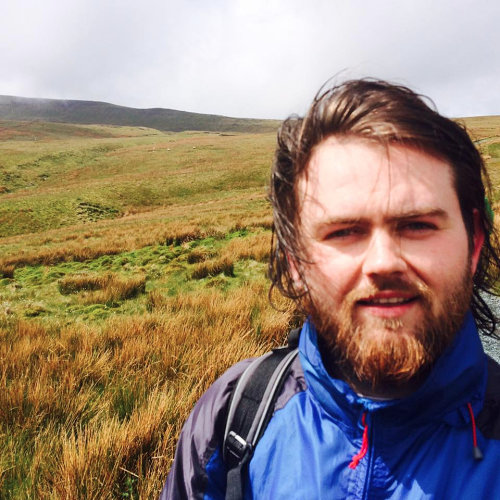This interview with Cianan Curran is about his passion for singing and how his connection to the ancestors inspired him to use a song to support fundraising for the Hopi Native American Tribe.
Cianan isn’t just a singer and an artist, he is also the owner of 4 goats and he releases videos of their adventures on his YouTube Channel.
Check out our conversation here and please connect with him using the links below!
